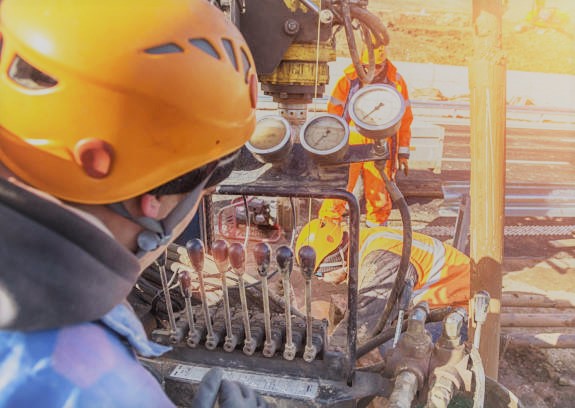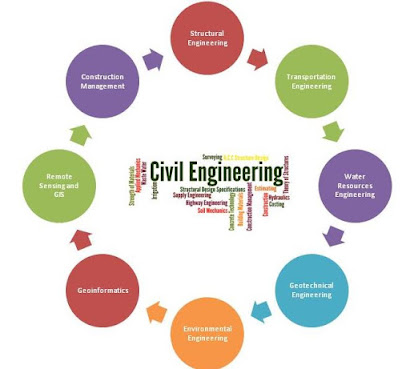Geotechnical Engineering
We all know that Geotechnical Engineering is a field of civil engineering which focuses on analyzing the geotechnical behaviors of soil and rocks. Usually, this type of engineering is involved in construction projects.
Engineers and Geotech engineering consultants will need to collect samples of the soil where a building or a structure is to be constructed. After having collected the soil samples, they will then analyze it in order to know if it is cohesive or not, and if the ground is stable or not. The ground needs to be stable in order for the structure to be built otherwise it might just collapse.
However, these aren't just the things you need to know about Geotechnical Engineering. There are certain considerations that are involved. The understanding of the soil's behavior for the past 300 years has been centered on the mechanical principles and geological processes.
Later on, it involved mineralogy and the relevance of colloidal chemistry. And just recently, the research on earth science and biology has enabled significant advances in understanding the important involvement of microorganisms in the earth's evolution and their presence in near-surface rocks and soils.
It has also enabled us to understand the participation of microorganisms in mediating and facilitating geochemical reactions. And now, we have come to the understanding that in the field of Geotechnical Engineering, there is an effect of the biological activities on soil mechanical behavior.
So what are the biological considerations in Geotechnical Engineering and the different geotechnical engineering services?
As has been stated earlier, microorganisms are involved in the evolution of earth and that's a fact that we cannot deny. In other words, microorganisms play an important role in the formation of many fine-grained soils.
Aside from that, they can also alter and change the behavior of coarse-grained soils. They can also accelerate the geochemical reactions by orders of magnitude. They also promote both weathering and aging. And lastly, they can alter the mechanical and chemical properties of specimens after the soil sampling has been done.
These are the biological considerations that are to be made in Geotechnical Engineering. It is very important for geotechnical engineering companies and geotechnical engineering firms to know this.
The condition of the ground to which any structure is to be built depends on the microorganisms that are present in that area. Understanding this is very important before a Geotech engineering project is started to prevent any problems in conducting tests and in the construction work.
Although there is still much more to learn when it comes to Geotechnical Engineering and construction and different Geotech engineering jobs, it is already known to us that different microorganisms that are present in the soil can affect the condition of the ground to which the building is to be built on.
If the construction team and the Geotech engineering team have a proper understanding of the biological principles, it will lead to an improved soil characterization and an enhanced understanding of soil behavior.
You can also read the full article on;




Good post... Geotechnical Systems UAE
ReplyDelete